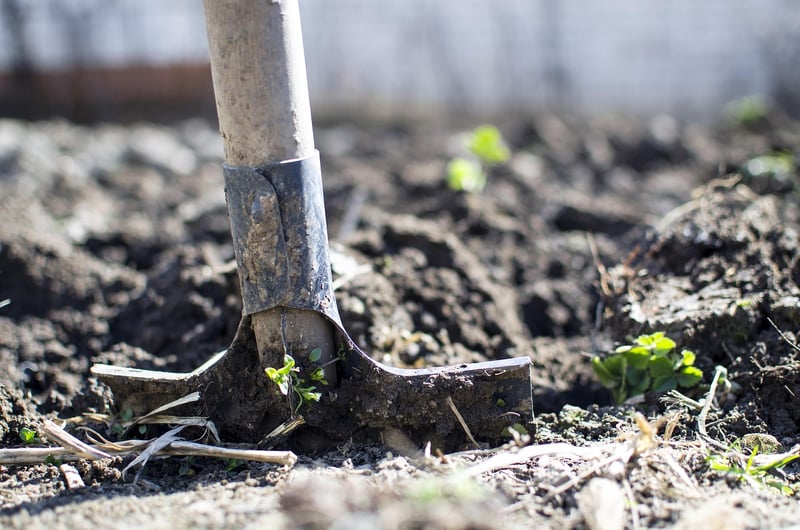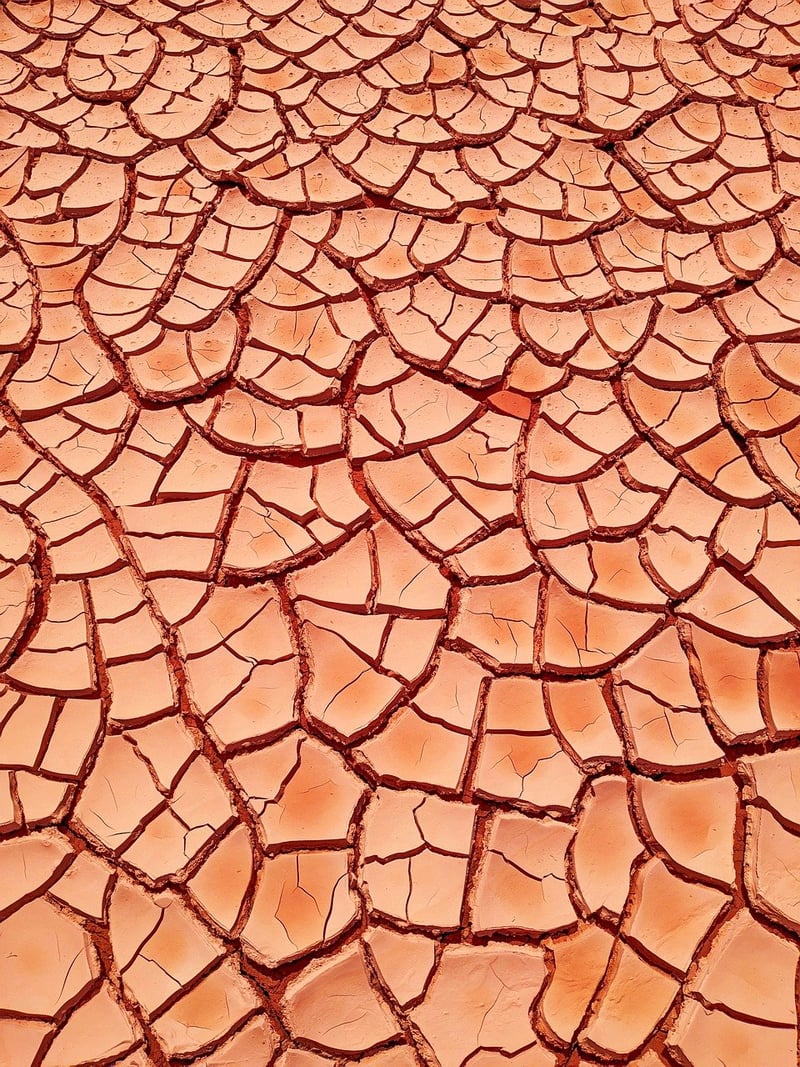Soil pH
Essential Care Guidelines for Plants: Understanding Soil pH
Proper care is vital for the health and growth of plants. One crucial factor to consider is the pH level of the soil in which they are planted. Understanding soil pH and its impact on plant growth is essential for any gardener or plant enthusiast.
What is Soil pH?
Soil pH is a measure of the acidity or alkalinity of the soil. It is measured on a scale of 0 to 14, where a pH of 7 is neutral. Values below 7 indicate acidic soil, while values above 7 indicate alkaline soil. Most plants prefer a slightly acidic to neutral pH level for optimal growth.
Effects of Soil pH on Plants
The pH level of the soil affects the availability of nutrients to plants. In acidic soil, nutrients like phosphorus, potassium, and calcium may become less available to plants. On the other hand, alkaline soil can lead to nutrient deficiencies such as iron and manganese.
Testing Soil pH
It is essential to test the pH of your soil to determine its acidity or alkalinity. Soil test kits are readily available at garden centers and can provide accurate pH readings. Alternatively, you can send a soil sample to a lab for professional testing.
Adjusting Soil pH
If your soil pH is too high or too low for the plants you wish to grow, there are ways to adjust it. Adding organic matter like compost can help buffer pH levels. For more significant adjustments, you can use products specifically designed to raise or lower pH levels.
Plant Care Tips
- Choose plants that are well-suited to the natural pH of your soil.
- Regularly monitor the pH levels of your soil to ensure optimal conditions for plant growth.
- Adjust pH levels gradually to avoid shocking plants.
- Water plants with distilled water to prevent pH fluctuations.
By understanding soil pH and following these essential care guidelines, you can create a thriving garden filled with healthy, vibrant plants.

Image source: Pixabay
